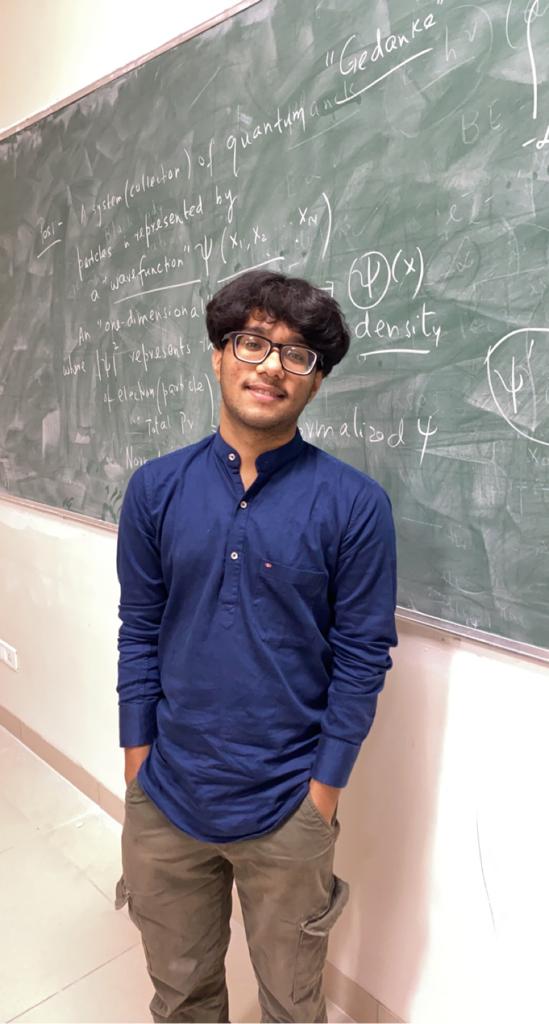Culture & Lifestyle
Giving rhythm to voices of empowerment through poetry
Poet and activist Sumi Na discusses how she got into poetry and how it differs from other forms of writing.
Kshitiz Pratap Shah
Sumi Na, a poet and women’s rights activist based in Butwal, recently published her first poem collection, ‘Baagi Streeko Atmakatha’.
She is also the editor of the quarterly magazine ‘Aparajita Parijaat’, which discusses women’s rights and issues.
Having written poems and articles on various matters related to women’s empowerment for a while, Sumi Na believes her diverse reading background helped her better express her ideas through prose and verse.
In this talk with the Post’s Kshitiz Pratap Shah, she discusses her experience with reading and advises up-and-coming writers on how to write authentically in different forms.
When did you start reading? Tell us about your earliest reads.
I am from a political background. So, naturally there were many books available in my home ever since my school days. Many of those books were about theories and ideas relating to Communism and Marxism. These were some of the earliest texts I read; books by Maxim Gorky, and historical accounts of the Chinese Communist Revolution.
Regarding Nepali literature and poetry as a form, I enjoyed reading Parijaat’s works a lot.
How were you first inspired to write poetry? What is a poem or collection that stood out to you?
I used to read poems in local magazines we had in school, and they were helpful in easing me into the world of poetry. I wanted to write about all I read, and back then, poetry felt convenient as well.
Poems are short, simple to understand, and easy to write, but they also tell a lot in a few words. I remember feeling touched by poems from Garima magazine in particular, and I tried writing in the same manner.
A lot of my initial poems were based on themes of pain and were more emotional in nature. I tried to draw from lived experiences back then. I wrote such poems for a fair bit. They were my comfort space.
Now, I have tried to switch things up a bit and add more elements to my poetry.
Tell me about the book you are currently reading.
I have been reading more philosophical texts lately. I also read Saraswati Pratikshya’s recent book, ‘Shwa,’ which I found to be very introspective and engaging. I also got to read Khima Rijal’s ‘Antarman Ka Rangaharu’ and Amrita Lamsal’s ‘Media, Mahila Ra Ma,’ which were fairly theoretical but engaging in their own way.
How different is poetry writing in its principle from prose writing?
As I said, poems were easy for me to get into; they were short and convenient. Yet, after reading and writing more, I naturally veered towards prose as well.
Although poetry came easily to me, it didn’t reflect my thoughts after a point—there was always something missing. It wasn’t that I gave up on poetry entirely, but writing on more contemporary matters and in an argumentative way can be better done through prose writing.
I also think that prose writing presents a different kind of space from poetry, which is worth venturing for every author. With articles, I could go more in-depth with certain matters and have a more fruitful discussion.
Poetry has always been my main focus, and it helps highlight or bring forth an issue I have in mind, but articles are more in-depth when needed.
For future writers looking to write about women, what would you suggest they keep in mind to reflect their identity?
For me, any form of writing is primarily a work of art. It is important to have an intellectual discussion with oneself about what we are writing about, to think of it in a very personal sense. Spend time with it to understand how we look at these large, abstract concepts and what we take away from them.
This clarity of viewpoint is important, and then putting that thought into words is secondary. Having such awareness of one’s ideas provides clarity.
Sumi Na’s Book recommendations
21 Lessons for the 21st Century
Author: Yuval Noah Harari
Year: 2018
Publisher: Random House Publishing Group
Harari illuminates the new social and political imbalances in a changing world. Through facts and a global viewpoint, he suggests new ideas and ways of looking at existing problems.
The Mother
Author: Maxim Gorky
Year: 1906
Publisher: D Appleton & Company
This novel, about a labourer and his mother’s struggles and personal revolution during industrial capitalism, is equally inspiring and heart-wrenching. It highlights the hardships of people under oppression.
The Origin of the Family, Private Property and the State
Author: Friedrich Engels
Year: 1884
Publisher: Penguin Classics
Engles’s discussion of social systems is profound yet easy to understand. It highlights the increasing class divide and social erosion in industrial capitalism.
A Brief History of Time
Author: Stephen Hawking
Year: 1988
Publisher: Bantam Dell Publishing Group
This book is enlightening, and I enjoyed its dissection of many subjects through the language of physics. Its debunking of religious myths is particularly engaging and eye-opening.
Media, Mahila Ra Ma
Author: Amrita Lamsal
Year: 2023
Publisher: Akshar Creations
Lamsal examines media trends through a feminist lens. It is well worth archiving and referencing and is useful for young women who are learning to navigate the modern social space.
Antarmanka Rangaharu
Author: Khima Rijal
Year: 2023
Publisher: Akshar Creations
I learned a lot from reading ‘Antarmanka Rangaharu’. It discusses mental health and the many issues women face regarding it. It perfectly captures the various shades of a woman’s emotions.




 22.65°C Kathmandu
22.65°C Kathmandu















